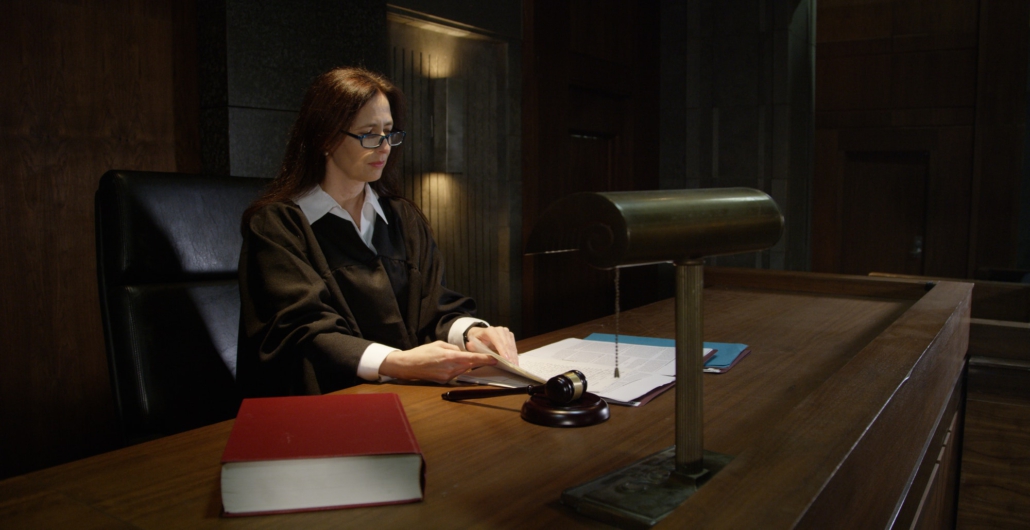Obvious facts in civil proceedings – is it necessary to take evidence in court?
/in Nicht kategorisiertLEGAL+ NEWS
ZPO guide: Obvious facts in civil proceedings - Do facts that can be researched on the Internet require a taking of evidence in court?
In the digital era, in which search engines such as Google play a central role, “obvious facts in civil proceedings” are becoming increasingly important. Section 291 of the German Code of Civil Procedure (ZPO) makes it clear that “obvious facts” do not require evidence to be taken in civil proceedings. However, what exactly is meant by an “obvious fact” and how it may be used often raises questions in practice.

Significant clarifications due to the BGH ruling of January 27, 2022 (case no. III ZR 195/20)
The Federal Court of Justice (BGH) recently clarified important points in relation to “obvious facts” in a highly practical ruling.
It first confirmed that information that can be found on the internet can be considered “obvious facts” within the meaning of Section 291 ZPO. In addition, the BGH provided valuable guidance for the courts on how to deal with such facts.
Requirements of the BGH for the utilization of “obvious facts”
In its ruling of January 27, 2022 (case no. III ZR 195/20), the BGH emphasized in particular the need for a court to give the parties the opportunity to comment before incorporating an “obvious fact” into its decision. This applies even if this fact was taken from the internet. A reference can only be omitted if both parties are already aware of the fact in question and its relevance to the decision.
The BGH stated verbatim:
“(…) According to the established case law of the Federal Court of Justice (…), a court may not base its decision on facts without first giving the parties the opportunity to comment on them. This also applies to obvious facts within the meaning of Section 291 ZPO. These also include facts that the court has taken from the Internet; If it wishes to make this the basis of its judgment, it must make the result of its investigations available to the parties and inform them by means of a reference (…).”
Exception: The obviousness and materiality of the fact is “readily apparent” to the parties.
However, by way of exception, a judicial reference should not be required if the facts or circumstances in question are “readily available tothe partiesand they are aware of their relevance to the decision“.
Expert assessment
This decision by the BGH respected and emphasized the constitutional right of both parties to be heard. The courts must inform the party concerned of the intended use of an “obvious fact”. This is the only way to give the party the opportunity to comment on it. Exceptions are only permitted in the case of generally known circumstances and their clear relevance to the case.


LATEST ARTICLES

Guide to International Civil Procedure: Recognition and enforcement of foreign judgments in Germany
Once a judgment has been successfully obtained against a German debtor abroad (in a third country), the creditor is faced with the important practical question of how to actually get his money.
If the German debtor does not pay voluntarily, only the enforcement of the judgment will help. However, since in most cases the German debtor only has assets in Germany that could be enforced, the foreign judgment must be enforced in Germany. This requires that the foreign judgment has first been declared enforceable by a German court. This declaration of enforceability is the subject of separate court proceedings against the debtor in Germany, at the end of which, if successful, an enforcement order will be issued.
The following article deals with the content of these proceedings.

Guide to appeal law – Importance of the content of the grounds of appeal for the scope of review by the court of appeal
The view that the content of the grounds of appeal determines the scope of review by the court of appeal is widespread. According to this view, the grounds of appeal must contain all complaints regarding the first instance judgment that the appellant wishes to have reviewed by the court of appeal. If the appellant omits a complaint, this would mean that the court of appeal itself would have to ignore legal violations that it has recognized and deemed to be significant.

Possibilities of contesting a settlement concluded in court
Civil proceedings are often concluded by way of a settlement between the parties during the course of the proceedings. This is often done with the help of the court. Practice shows that such a settlement, despite the involvement of the court, is not without its pitfalls. I would like to provide an overview below.
CONTACT

+49 (40) 57199 74 80
+49 (170) 1203 74 0
Neuer Wall 61 D-20354 Hamburg
kontakt@legal-plus.eu
Benefit from my active network!
I look forward to our networking.
This post is also available in: DE

